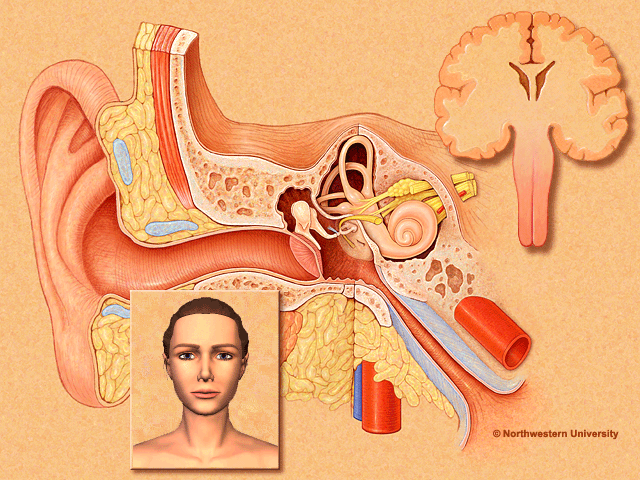Reliable Vertigo Treatment For Vertigo Relief
Vertigo is a form of dizziness characterized by the feeling that you or your environment is moving or spinning, despite the lack of any actual movement. This sensation is brought on by disturbances in the inner ear or the brain.
What Are the Types of Vertigo?
Peripheral vertigo is associated with problems in the inner ear. The vestibular system sends signals to the brain about the position of the head in relation to movement, enabling us to keep our balance and maintain equilibrium. When these signals are disrupted, vertigo results.
This is often caused by inflammation related to a viral infection and is commonly associated with two conditions:
- Labyrinthitis (inflammation of the inner ear’s labyrinth and vestibular nerve),
- Vestibular neuronitis (inflammation of the vestibular nerve).
Other causes of peripheral vertigo include
- Benign paroxysmal positional vertigo– which occurs when tiny pieces of calcium break off and float in the tube of the inner ear, sending confusing messages to the brain, and Meniere’s disease, which involves excess pressure of the fluid in the inner ear.
- Central vertigo– occurs when there is a problem in the brain, usually affecting the brainstem or the cerebellum. These parts of the brain are responsible for interactions between the visual and balance systems; any disturbance can lead to vertigo.
The most common cause of central vertigo is a migraine headache. Other less common conditions that can trigger central vertigo include stroke, tumors, acoustic neuroma, multiple sclerosis, alcohol and certain drugs.


What Symptoms Are Associated with Vertigo?
Vertigo is a symptom itself. It’s characterized by the sensation that you or the room is moving or spinning. This may be accompanied by additional symptoms such as nausea, vomiting, hearing loss, tinnitus, difficulty focusing or moving the eyes, double vision, and a feeling of fullness in the ear.
With such a wide range of hearing and balance disorders, many of which have similar symptoms, it’s important for an audiologist to make an accurate diagnosis in order to come up with a successful treatment plan. Diagnostic testing plays an important role in determining the condition responsible for a patient’s suffering.
Types of Diagnostic Balance/Vertigo Tests
There are a number of diagnostic tests available, ranging from X-rays and CT scans to more in-depth tests. Here are some of the most common:
- Acoustic Immittance Measures.
- Auditory Brainstem Response (ABR).
- Otoacoustic Emissions (OAE).
- Electronystagmography (ENG).
- Videonystagmography (VNG).
- Rotary Chair Tests.
- Computerized Dynamic Posturography (CDP).
- Vestibular Evoked Myogenic Potential (VEMP).
These tests may be combined with additional hearing or diagnostic tests depending on the results.
How to prevent vertigo?
Vertigo may develop as a result of many different health conditions. This can make vertigo prevention difficult, especially since the root causes can be so diverse.
To help reduce the impacts of dizziness in your life,
Look to drink plenty of water,
Reduce unnecessary stress and ensure you regularly get enough sleep
Avoiding some substances, such as alcohol, caffeine, and excess salt may also reduce the severity of symptoms.
If you’ve noticed that certain foods, movements, or positions lead to the onset of a vertigo attack, look to avoid them.
How Is Vertigo Treated?
Vertigo treatments vary depending on the root cause of the condition. Some potential treatments include:
- Canalith repositioning maneuvers to help move calcium carbonate deposits from the ear canal to the inner ear.
- Physio treatments for vertigo, including vestibular rehabilitation and balancing exercises.
- Medications, including anti-nausea medications, motion sickness medications, migraine medications and steroids.
- Antibiotics, if an infection is found to be the cause of the symptoms.
- Cognitive behaviour therapy and counselling.
- Avoiding certain foods or movements that trigger symptoms.
- Surgery, although it is only required in few cases.
The type of vertigo you experience and the symptoms that accompany it will help to inform your health care professional of the best care plan for your individual needs.
Some people who experience the symptoms of vertigo may also find that the condition improves over time without the need for medical intervention, while others experience repeated episodes that do require some form of vertigo treatment.